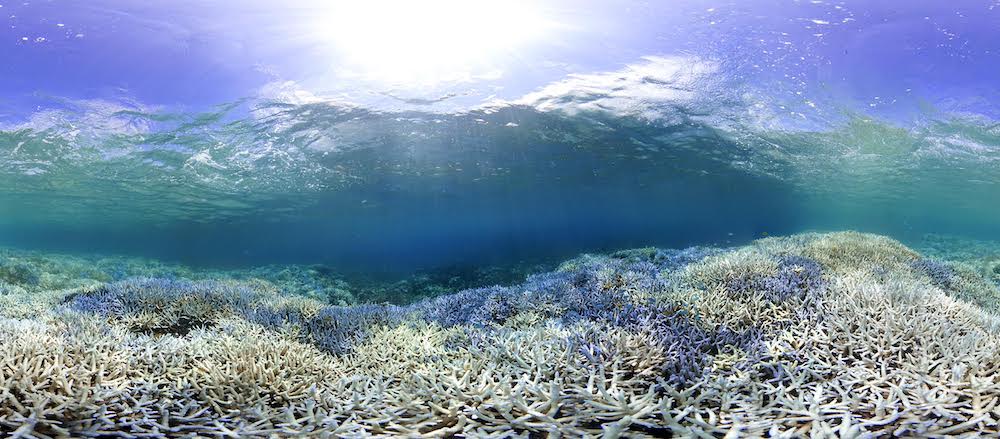
The 99%
The time period we’re living through is commonly referred to as the Anthropocene. Others refer to it as the Capitalocene. These terms encapsulate the fact that the present is a time in which human actions and dominant human systems, respectively, are dramatically altering the Earth system.
The planetary boundaries framework makes the extent of the alterations soberingly apparent. Created by scientists in 2009, the framework identifies nine key operating systems of the Earth, along with the safe boundaries for each in terms of change and modification.
According to researchers, we’ve already transgressed six of the nine planetary boundaries, including massively breaching the safe limit of biosphere integrity, aka biodiversity loss.
Astonishingly, our species is having this impact despite making up only 0.01% of life on Earth. In terms of the planet’s biomass, plants, such as trees, dominate, and bacteria come in at a distant second. Together with fungi, single-celled microbes and other teeny organisms, these two groups make up over 99% of the Earth’s life.
Featured images by Cassandra Scott via Ocean Image (above) and The Ocean Agency / Ocean Image Bank (below)
Like most species, humans are not one homogenized mass. The attitudes and behaviours of different sections of the 0.01% towards the rest of the natural world vary, as do their effects.
“Was it not the duty of those who were called muckrakers to rake up the good earth as well as the noxious? Was there not as much driving force in a good example as in an evil one?”
– Ida Tarbell, author of The History of the Standard Oil Company

Reporting on the interconnected environmental crises
The climate crisis. The biodiversity crisis. The pollution crisis. The ocean crisis.
Actions and decisions by the 0.01% – in the past and the present – are a driving force, for better and worse, in this interconnected mass of emergencies.
Here are some examples of the reporting I’ve done on various aspects of these crises.
The bizarre snub of a special guest at COP26 sums up why it failed
Should the Ocean Have Legal Rights?
CO2 Storage Plans Risk Leaving Future Generations with ‘Carbon Bombs’, Energy Expert Warns
Overfishing Urgently Needs Reeling in to Cope With Climate Change
Why We Shouldn’t Buy Into the Idea of Engineering Our Way Out of the Climate Crisis
Join

